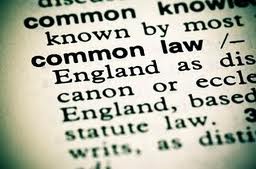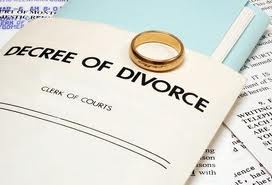As a Jacksonville Family Law Attorney, I see Fathers habitually and often times Mothers as well, not paying child support ordered by the court. I receive numerous inquires from parents wondering what they can and should do when the other parent is doing just that, not supporting their child or children.
Depending on the situation I recommend filing a Motion for Contempt and/or a Motion to Enforce. However, Motions for Contempt and Motions to Enforce are not easy undertakings. There are certain issues and evidence that a Judge needs to see in order to find a party in contempt or to enforce an order or judgment. I have experience in both drafting these Motions and arguing them in front of a Judge.
I recommend contacting a Jacksonville Family Law Attorney that can help assist you in receiving the child support both you and your children are owed. Contact Law Office of David M. Goldman at (904) 685-1200 for a free consultation at your convenience, including nights and weekends.









 Clients often ask me whether it will hurt their divorce case if they date someone before their divorce is final. I tend to tell them, it depends on whether or not children are involved in their divorce.
Clients often ask me whether it will hurt their divorce case if they date someone before their divorce is final. I tend to tell them, it depends on whether or not children are involved in their divorce. 